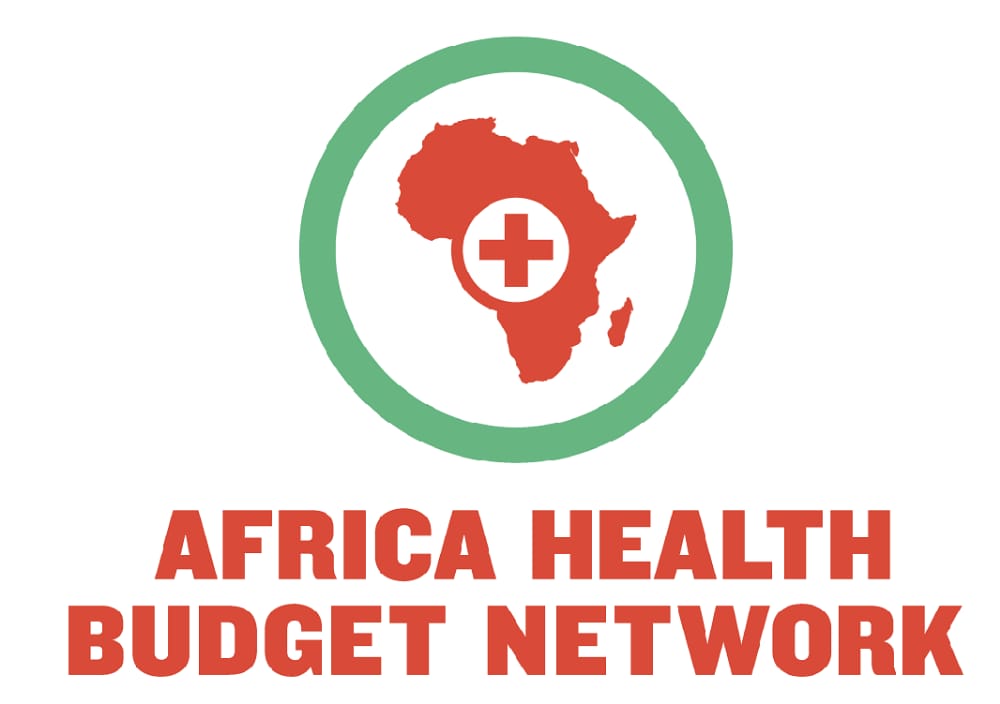The Coordinator, African Health Budget Network (AHBN), Dr. Aminu Magashi, says there is a need for more implementation of Reproductive, Maternal, Newborn, Child, Adolescent Health and Nutrition- (RMNCAH+N) in the country.
Magashi said this at the end of a three-day validation meeting; on Thursday in Abuja, on Nigerian RMNCAEH+N Recovery Plan during COVID-19 Performance Scorecard and the Review and Validation of COVID-19 and Health Security Accountability Scorecard Template.
The News Agency of Nigeria (NAN) reports that in January 2022, AHBN convened a retreat with CSOs, Media, and Young People where the Nigeria RMNCAEH+N Recovery Plan presented advocacy engagement.
The retreat was planned to influence CSOs and young people’s participation and implementation of RMNCAEH+N COVID-19 Response Continuity Plan 2020-2022 which was officially launched by the minister of Health in 2021, costing N12.1 billion over three years.
The projected population in 2020 is 214,392,163. The population of women is 51.5 percent out of which 38.06 percent are of reproductive age.
The continuity plan was developed as a result of the impact of the COVID-19 pandemic on RMNCAEH+N services.
The AHBN coordinator said that on the implementation of RMNCAH+N, in the country, the government scored 50 to 60 percent, which, he said was encouraging.
“What this means is that the government has to do more in the area of implementation. You are aware that COVID-19 crippled the economy. A lot of funding should be available from the government.
“So, the government must be innovative and efficient in spending money. We need to ensure that every facility has electricity, security as well as adequate manpower not only during the day time but also at night and weekends,” he said.
The Coordinator said that the RMNCAEH+N Recovery Plan, during the COVID-19 accountability scorecard, was developed through rigorous analysis of the plan, 2021 and 2022 Federal Government approved budget and independent monitoring of the activities of the RMNCAEH+N coordination platform.
“The scorecard serves as an evidence tool to be used by all stakeholders including CSOs, media, advocates, young people, and development partners.
“To strategically influence actions that will promote performance, transparency, and accountability in the implementation of Nigeria’s RMNCAEH+N COVID-19 Continuity Response Plan (2020-2022).
“The scorecard has three categories; Governance and Leadership, Budgetary Allocation and Disbursement, Accountability and Transparency,” he explained.
He said the government should strengthen coordination mechanisms for the provision of RMNCAEH+N services during the COVID-19 pandemic and other outbreaks at national and sub-national levels.
He said that RMNCAEH +N could be strengthened through its implementation services through prioritisation, sustained access, optimised health workforce, and logistic support for services during the COVID-19 and other outbreaks.
Magashi stressed that the government should enhance and improve the existing risk communications and community engagement networks to halt community transmission.
He added that government could also track and document lessons learned in the implementation of RMNCAEH+N services during the COVID-19 outbreak and beyond.
Hon. Muhammad Usman, former vice chairman of the House Committee on Healthcare Services, said that Nigeria had continued to make significant progress in reducing child and infant mortality, but significant challenges remained.
Usman called on the government to adopt the RMNCAEH+N scorecard as an accountability and management tool to drive improvements in child and maternal health across the country.
He said there was a need to sustain the gains made while committing more resources to high-impact interventions with measurable outcomes in support of the Sustainable Development Goals.
Also speaking on behalf of health journalists, the President of the Association of Nigeria Health Journalists (ANHEJ), Hassan Zaggi, applauded AHBN for putting together the scorecard.
He said the scorecard was a follow-up to a meeting to assess the implementation of the RMNCHA+N early this year.
Zaggi said that after the initial assessment of the funding and of issues around the Nigeria RMNCHA+N, the media picked interest in the issues and gave them wide publicity.
This, according to him, led to the successes so far recorded in the past few months in the implementation of the policy.
The ANHEJ President, therefore, called on the government to improve the funding of issues around the Nigeria RMNCHA+N for the benefit of women, children, and the elderly.
According to him, as we have been doing, we are prepared to give our utmost best to ensure that the outcome of the scorecard gets the needed publicity and attention from the government and other relevant authorities.
Also, Maimuna Abdullahi, Head of Monitoring, and Evaluation, AHBN, said considering the massive amount of financial resources committed to COVID-19 response in Nigeria, adequate utilisation of the resources could not be overemphasized.
She added that the government, CSOs, media, and young people have a huge role to play.
Abdullahi said that the government needed to be more transparent and accountable by providing information on the allocations, spending, and releases.
She said that the media and NGOs must be able to track the utilisation of the funds effectively to ensure it was used for the purpose meant.
“The Performance Scorecard Template being reviewed and validated by stakeholders at this retreat will aid the NGOs and CSOs to easily track the performance of the COVID-19 and health security at the national and also the state levels,” she explained.
NAN reports that during the validation meetings, the participants finalized the RMNCAEH+N Recovery Plan during the COVID-19 Performance and the COVID-19 and Health Security Accountability scorecards.
